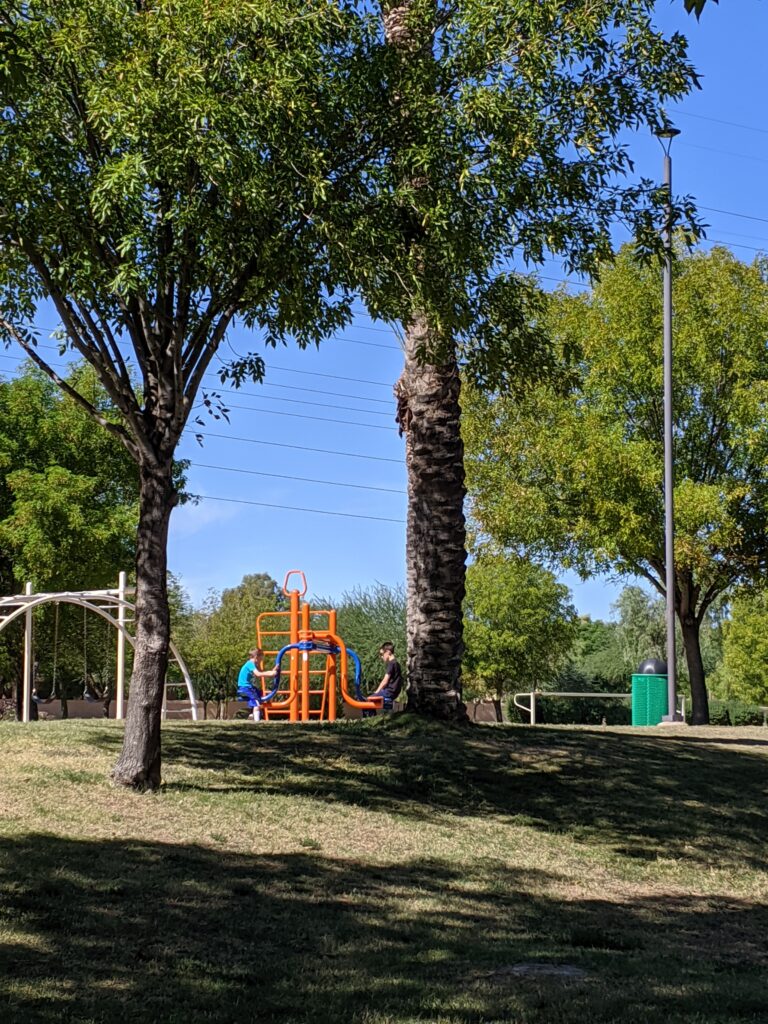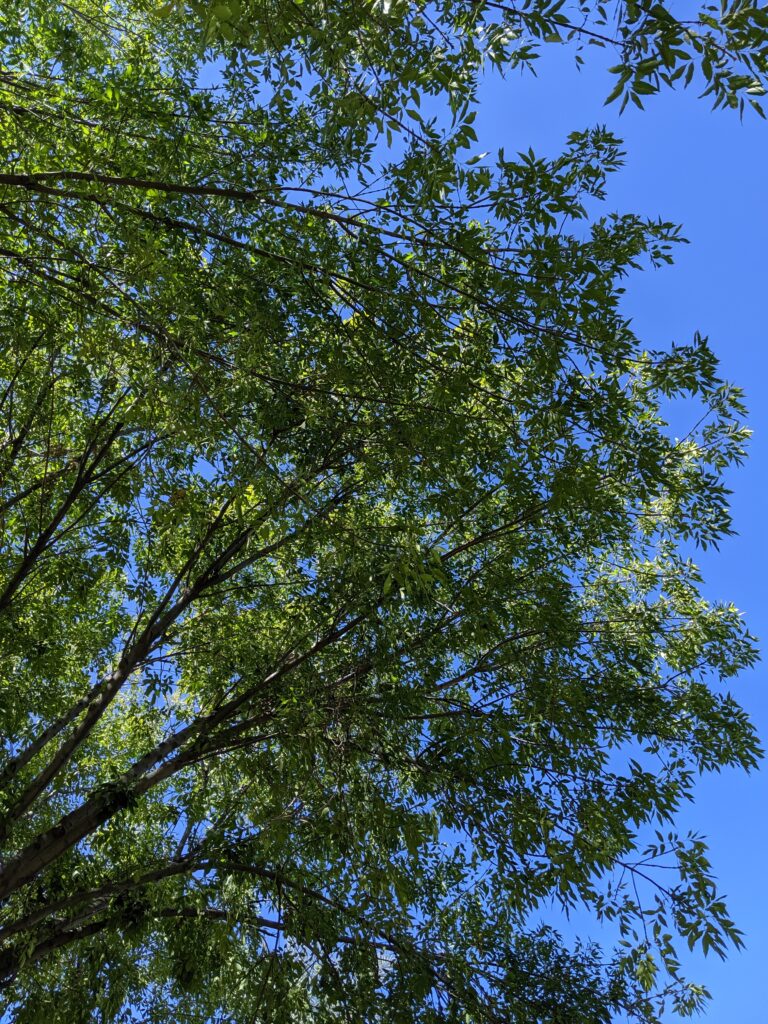As Summer moves into Fall a practice that I have found grounding for me is seasonal reflection. The longer reflection is avoided, the harder it is to do. The more backlog we get, the more we have to work through. So I like to take the time at the change of each season to pause, ponder, and bring myself back to my main goals. Here is a truth that I have discovered: I will repeat my mistakes if I do not know the patterns that I am following.
Life is busy, why should we take the time to reflect?
Why is it so important for our emotional health?
Does reflection impact our planning and our decision-making?
Here is a truth that I have discovered:
I will repeat my mistakes if I do not know the patterns that I am following.
Why?
Here is my short list of why I make space for reflection:
- Insights and aha moments – I gain a variety of insights when I choose to slow down and reflect.
- Enjoying experiences we have had – I am actually a really fun mom. I naturally do things with my kids to build memories and enjoy the season we are in. But I often do not give myself credit for those things. Reviewing experiences we have had helps me relive the fun moments and brings me joy.
- For my kids – When I include my kids in my reflection process, they see how much they have grown and changed. This gives them a long view and teaches them the art of reflection.
- Motivation to have a Seasonal Bucket List – Having a list of easy-to-do activities that make this season special encourages me to do more fun things when we have time. The thinking is done for me.
- Improves my planning – I am able to better plan for the season ahead and make adjustments based on what we have done that has worked and what has not worked. I no longer waste time and money on activities that we do not all enjoy. (This is especially helpful in December.)
- Reminds me to be present – I tend to plow ahead to the next task and keep going at full speed. You can read more about that here: The Moving Finish Line of “Done”🙂
How
I was first introduced to this practice in this episode of the Next Right Thing Podcast:
84: A BEGINNER’S GUIDE TO SELF-REFLECTION
I sat in a park with my journal while the kids played and in my headphones, Emily P. Freeman gently walked me through a seasonal reflection. It was magical. I realized this was the planning and journaling step I had been missing.
[here are photos from that day at the park]


So, what does this process look like? How do I actually do this?
These are the questions I asked in 2019 as I slowly added this practice into my life. It was clunky at first and I did a bit of overthinking that slowed me down. But over the years I have created a practice that is life-giving and helpful for me.
How I do my seasonal reflection. – The actual steps I take.
[Maybe seeing my process will help you decide what works for you.]
Step #1 – I just listen to the Next Right Thing Podcast Episode #84 (usually on a walk in my neighborhood). This starts my process and begins to slow me down. It helps to be out of my house an on a walk so I can not be distracted.
Step #2 – After I am home, I gather all my materials and I go to my kitchen table or my office space.
- then I browse through my digital photo albums
- and look over our digital calendar from the last few months
- I leaf through my bullet journal pages
- I write out the questions from the podcast in my journal. I add my own questions too.
- What stands out?
- Who did I spend time with?
- What was unusual or unexpected?
- What did we enjoy doing?
- What were the big events, holidays, or changes?
- What is a word or phrase that describes this past season?
My journaling practices look like messy paragraphs and bullet point lists. I spend some time in prayer. I give thanks to God for the past few months (even the hard moments).
Step #3 – If I have time, I also document the season.
What did we enjoy? What did we do? What worked well?
- I write out the stack of books I have read
- list the Movies / TV shows watched – or what has captured my attention in the evenings
- make notes of any seasonal activities I want to do again next year
- Note the recipes we liked: soups, oven, Insta-pot, salads, baking goodies, crockpot.
- My cooking changes in different seasons.
- I also look at my stats on my phone. (for my android phone this is called: “Digital Wellbeing”)
- What do my digital habits tell me about how I am spending my time?
- What has been life-draining or not helpful for me?
- Sometimes (if I am feeling ambitious) I will check up on my chores and routines and see if I need to make changes.
Note: Before you think I spend a whole day on this, I don’t. It usually takes me less than an hour. Often just 45 minutes is enough to notice something valuable. And when the weather is hot or I am worn out, I skip the walk. Decide what works for you, your home, and your lifestyle. I just find it helpful to see the details of what other people do.🙂 I hope my vulnerability is helpful for you.

“The practice of reflection is not one to keep us living in the past or wallowing in mistakes. Instead, it’s a way to pause on purpose and listen to our life so that we can move forward with a little more confidence, a little more clarity, and a lot more intention. May these moments of self-reflection serve us well in the days to come.”
– The Next Right Thing with Emily P. Freeman #84
When
When do I make space for my seasonal reflections? I have found that about 4 times a year it makes sense for me to pause, stop and do this process. I should put it on the calendar and make a date with myself. But, what I end up doing is a bit more organic. Since 2019, I have found certain times of the year that naturally fit for this practice.
My Seasonal Reflection Rhythm:
🌷 Spring – sometime mid-May
🌞 Summer – end of August
🍂 Fall – mid-November
❄️ Winter – Early February
Resources for Reflection
- Emily P. Freeman resources that I love:
- Episode 61: Look Back – How Reflection Can Help You Make Better Decisions
- Discern + Decide: An online course to help you discern a personal and communal rhythm of life
- Grab a copy of The Next Right Thing book!
- Unlocking Us Podcast – Reflection From My Summer Sabbatical with Brené Brown
- Book: Emotionally Healthy Spirituality by Pete Scazzero. In chapters 3 and 7 he writes about the power of learning from the past and from reflection.
- Book: Rhythms of Renewal — Rebekah Lyons
- Take the online quiz to discover your healthiest rhythm – TAKE THE QUIZ
“Don’t let your hard moments be wasted.”
{ Character Isn’t Formed in the Spotlight | Chad Moore.}
Reflection helps us move forward.
The longer reflection is avoided, the harder it is to do. The more backlog we get, the more we have to work through. I am inspired to do reflection by what Brené Brown calls Act 2 – The Messy Middle. Characters in a story get stuck in Act 2. This is the main conflict of the story. They have done everything they can. Now they must choose the hard thing to move forward. They have exhausted all of the easy solutions and now have to step out into vulnerability, fear, the unknown, or their own weaknesses. The story would not have an arc, a resolution, or an action sequence if the main character decided to avoid The Messy Middle. It would be a boring, sad story.
Reflection helps us learn from pain.
“Don’t let your hard moments be wasted.” – Chad Moore
Pastor Chad’s quote fit this perfectly. I wrote it down in my church notes and I have referenced it often. Paul was changed in the quiet moments with God. He went through a season of preparation, solitude, and quiet.
That is also where I see God working in my life. I know that God is guiding me to grow in the hard moments. The reflection becomes the tool where I see the lessons I have learned. I want to slow down and be shaped by God. To learn from Him and move forward in growth and where He wants me to be. I know that I am in process. Each season of the year that comes will have challenges and changes. I want to apply those lessons learned, not repeat them endlessly.
I hope that wherever you are that you found something helpful for your own reflective practice. There are many ways to approach looking back and learning from the last 3 months. I hope that you take the time to slow down and do that soon.
💙 Happy Journaling! – April
Cover Photo and others by Kasturi Roy on Unsplash

